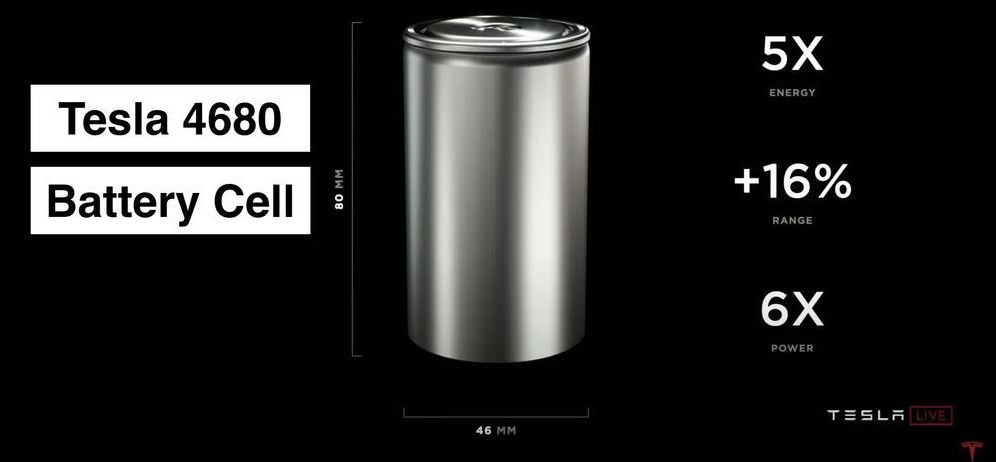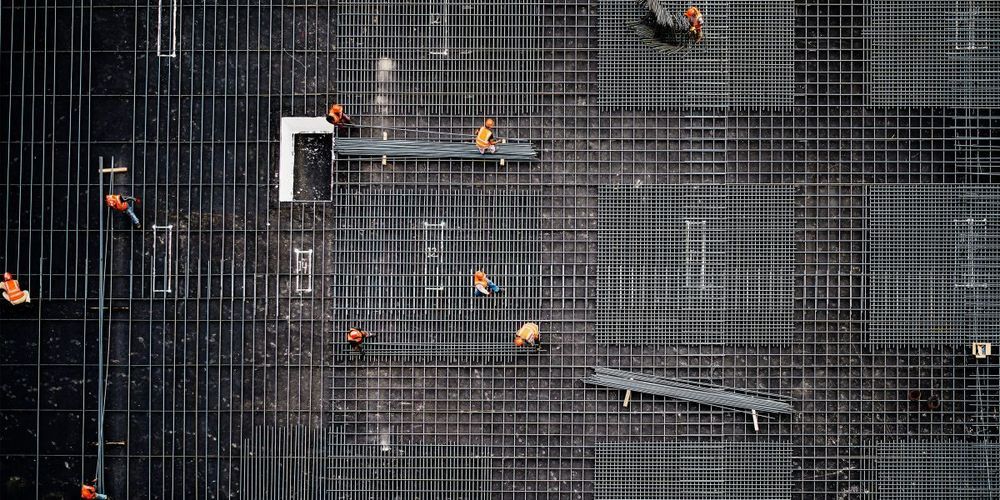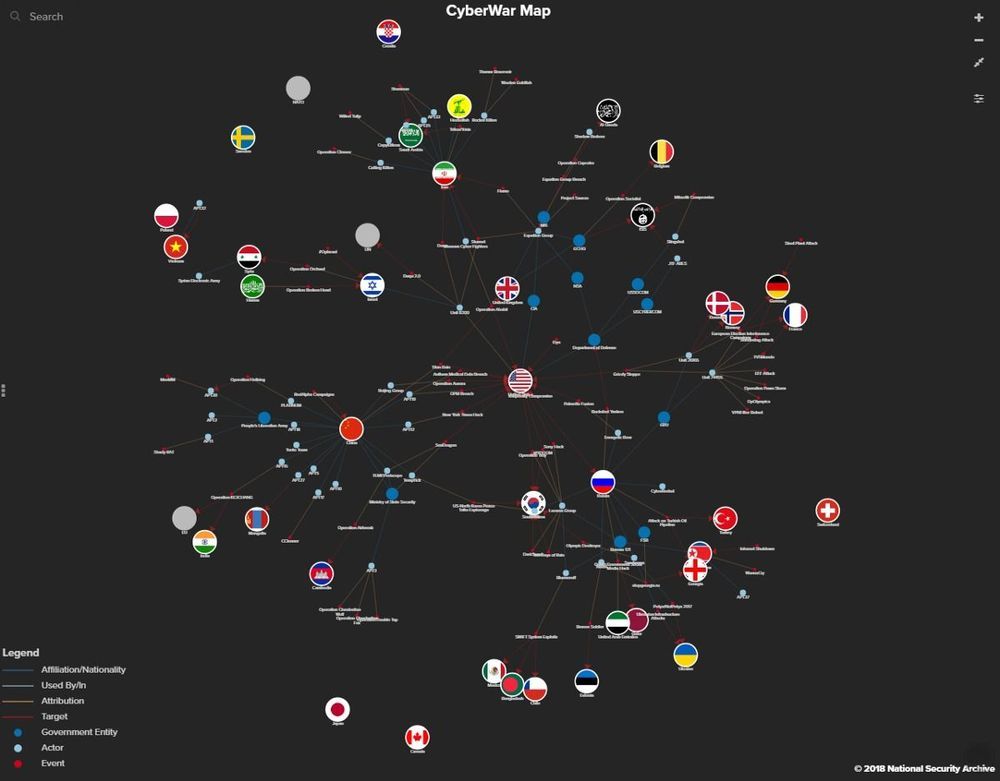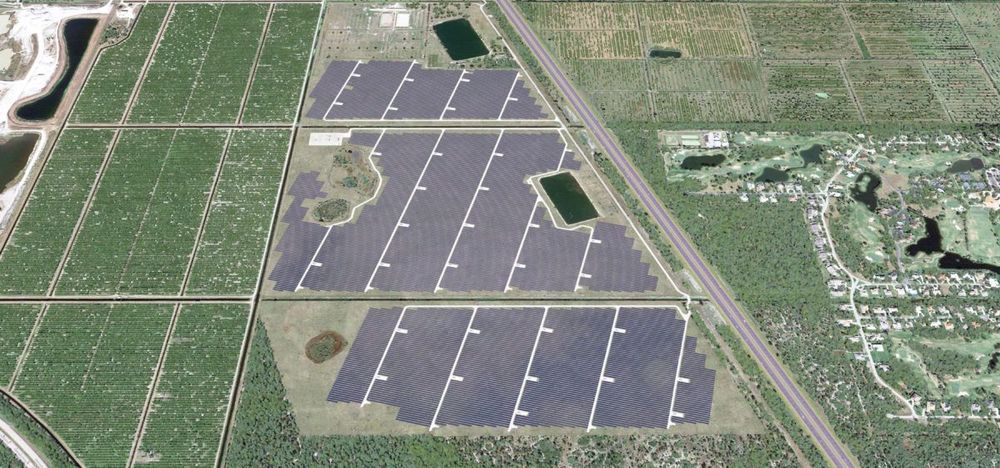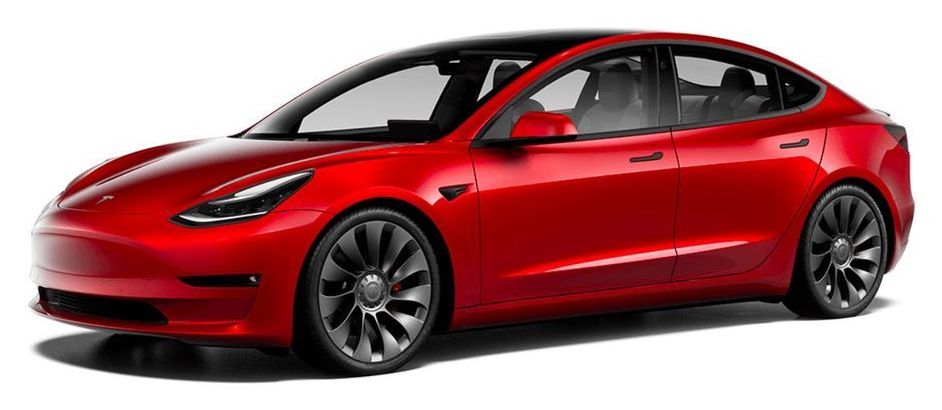A Tesla battery researcher showed updated test results pointing to batteries lasting over 15,000 cycles or the equivalent of over 2 million miles (3.5 million km) in an electric car.
Last year, we reported on Jeff Dahn and his lab, who are under contract to do battery research for Tesla, releasing an interesting paper that shows how the latest Li-ion battery technology can produce batteries that would last 1 million miles in electric vehicles.
In a new presentation, Dahn discussed updated test results from this new battery, which he hopes becomes the new standard Li-ion battery that new battery technologies benchmark themselves against.
